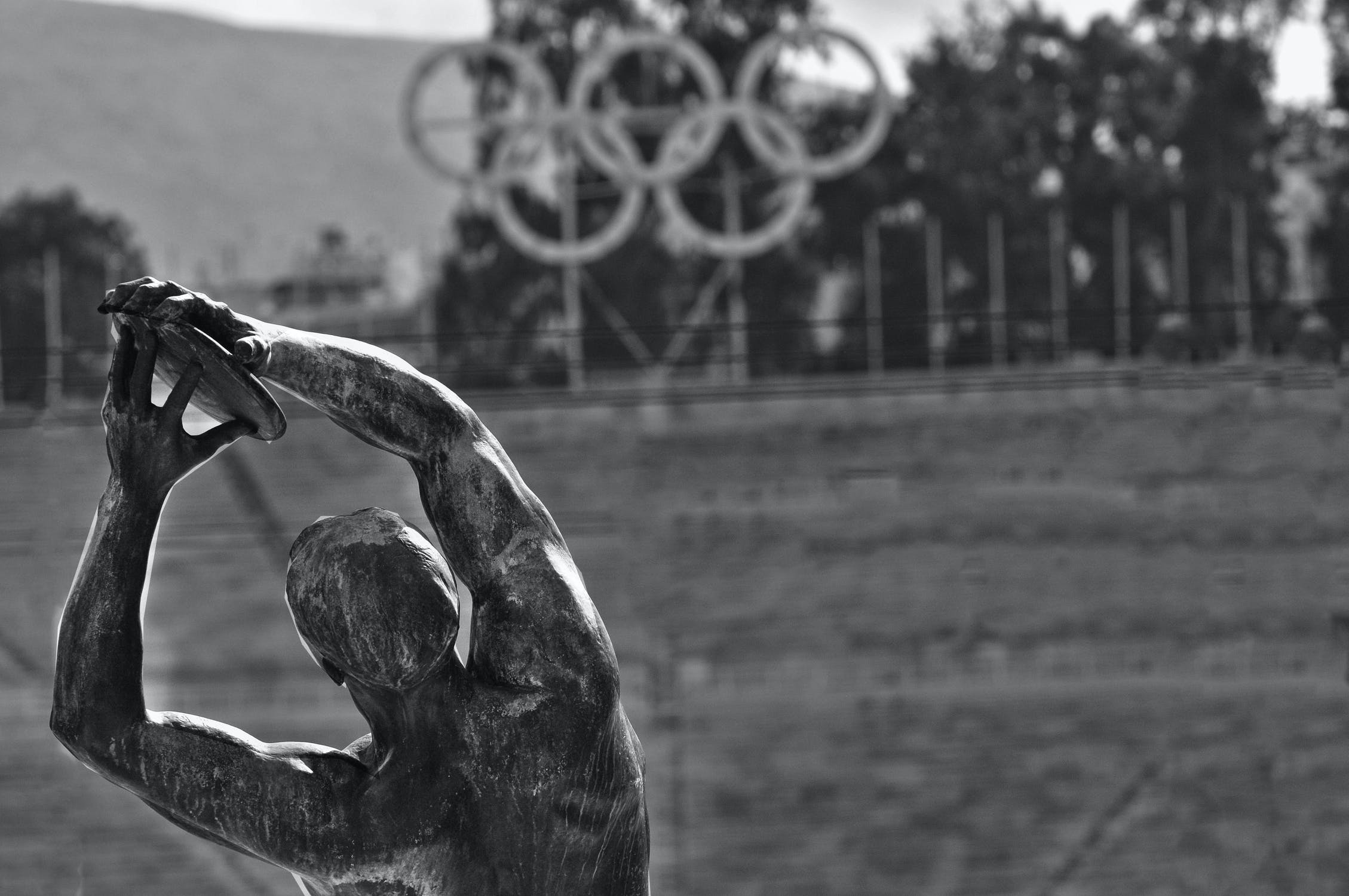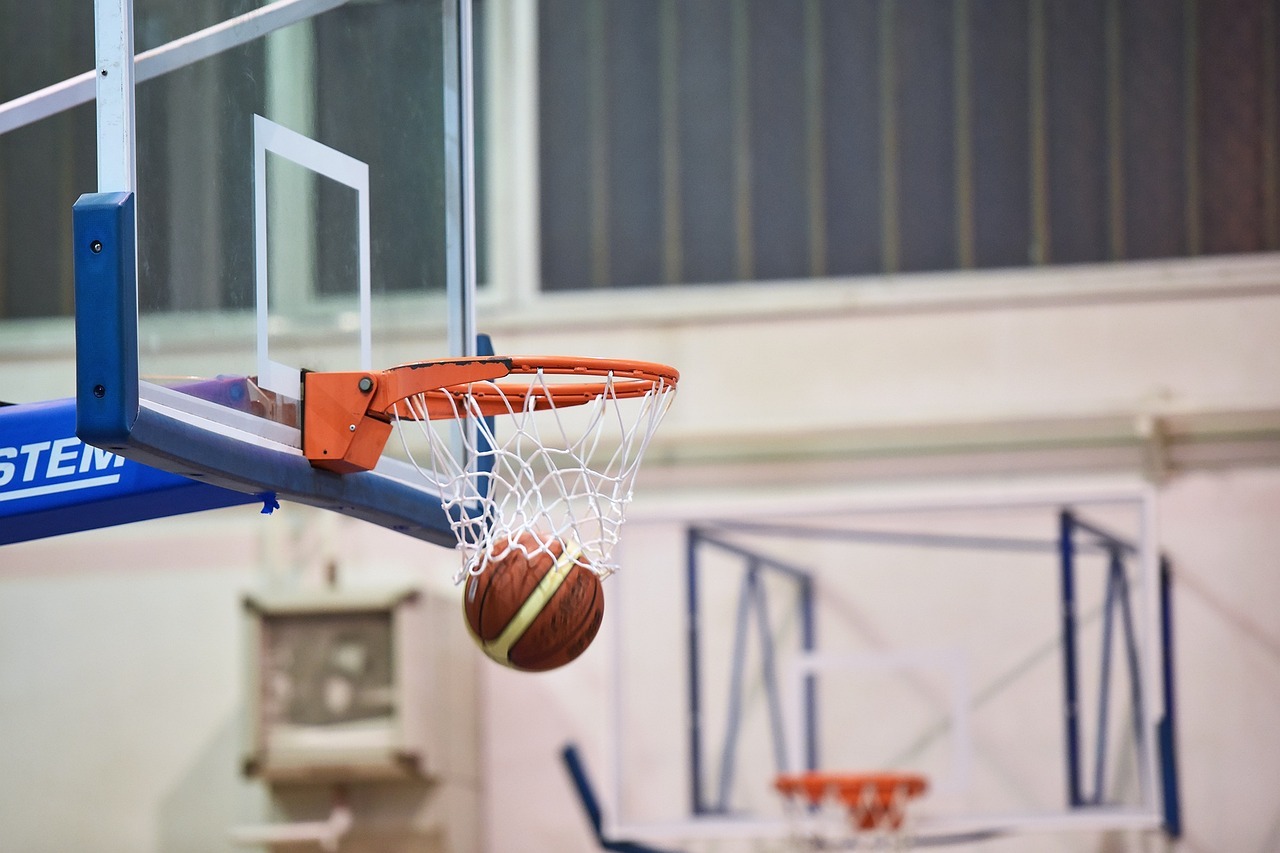Why Tennis Players Eat Bananas and Everything You Need to Know About the Tennis Diet

What’s the optimum diet for a tennis player? Why do tennis players eat bananas? Is it true that around 5000 kilograms of bananas are consumed at Wimbledon every year?
Whether you’re a budding tennis player or a fan of the sport, you’ve probably noticed tennis players eating bananas during a match. And while the banana thing might not exactly be the latest in Mubadala tennis news, it’s interesting to know that our beloved tennis champions are humans just like us – and that they do eat bananas like most everyone else.
If you want to know more about the tennis-banana connection and everything else about the optimum diet for tennis players, keep reading.
The Tennis-Banana Connection
In the world of sports nutrition, bananas are famously known for their potassium content.
Potassium is actually an electrolyte or a blood mineral that’s essential for the body’s cellular and electrical functions.
Among the primary functions potassium helps with in the human body include the:
- fluid regulation;
- transmission of nerve signals; and the
- regulation of muscle contractions.
Potassium plays a critical role in the transmission of electrical impulses in the heart, and is crucial to maintaining proper cardiovascular and nerve function.
Around 98% of the potassium in the body are found in the cells, of which 80% is contained in the muscle cells. The other 20% of the potassium is distributed among the red blood cells, liver and bones.
Along with sodium, potassium works to maintain water balance in the body. It’s no wonder all types of athletes consume it, including runners, cyclists, swimmers and, of course, tennis players.
But bananas have a lot more going for them than just potassium.
Aside from containing 422 milligrams of potassium on average – or around 9% of the body’s daily requirements – bananas are also rich in the following nutrients:
- vitamins A, vitamin B6, vitamin C and vitamin E for overall health;
- carbohydrates for a quick energy boost;
- water for natural hydration;
- fiber to prevent constipation and help prevent ulcers.
Aside from the banana’s powerful nutritional profile, it’s also easy to digest so it gives players a quick boost of energy required in grueling tennis matches.
So, knowing all this, it’s understandable why Facilities Management Catering (FMC), Wimbledon’s official championship caterer, says that they served 23,000 bananas during the last championships.
And while we’re at it, strawberries are also famously served during these matches – except that it’s members of the audience who consume these fruits with cream.
The Optimum Tennis Diet
You are what you eat – the famous adage says. And the same applies to the sport of tennis.
Aside from bananas, there are other nutritious foods to include in your diet if you want to play tennis well and maintain general health.
For optimum nutrition, try to include the following items in your daily food intake:
- Carrots for good eyesight – so you can keep an eye on your opponent and the tennis ball.
- Zinc-rich foods like beans, nuts (especially almonds), oysters, pumpkin and sunflower seeds, whole grains and animal proteins for better hand-eye coordination.
- Peppers, broccoli and citrus fruits that are rich in vitamin C to aid in muscle repair.
- Choline-rich foods like tomatoes, egg yolks and potatoes. Choline is a member of the vitamin B family and works by boosting brain neurotransmitters and helping improve reaction times.
- Food that’s rich in vitamin A like carrots, leafy greens, organ meats, etc. You get micro tears in the muscles during training and matches, and vitamin A helps your body to fix these.
- Dimethylaminoethanol or DMAE-packed food like anchovies, salmon and sardines as it’s a type of brain food and neurotransmitter. It’ll help you with remembering course sequences, tactics and techniques.
Keep in mind that like everybody else, you need to maintain a healthy diet with a good balance of carbohydrates, proteins, healthy fats, minerals and vitamins, and water. As much as possible, opt for fresh food rather than processed or readymade convenience food.
What to Eat Before a Match
On competition days, it’s crucial to eat a healthy breakfast comprising food with complex carbohydrates and a small amount of protein.
Examples of healthy competition-day breakfast combinations include wholewheat toast, a fresh fruit cup and an egg white omelet, or oatmeal, berries and Greek yogurt.
Make sure you have breakfast at least two hours prior to the match so your body has ample time to digest the food.
During the match, don’t forget to hydrate and eat your bananas.
Foods to Avoid Before a Match
Just as there’s food like bananas to help sustain you through a match, there are also certain foods you shouldn’t consumer immediately before a match, such as:
- Salads, especially vegetable salads as veggies, are very high in fiber and difficult to digest – something you wouldn’t want to worry about during a match.
- Sodas, coffee or any caffeinated drinks that will be hard on your stomach and lead to dehydration.
- Nuts and seeds are generally super healthy but not recommended as a snack before or during a match as they are hard to digest and could cause digestive discomfort.
- Whole-wheat pasta is okay to consume a few hours or the night before a match. However, since it is not easily digestible, avoid eating pasta immediately before or during a match.
- Protein shakes are best consumed after a match to aid in muscle recovery. Consuming protein powders or any other type of protein prior to a competition can lead to stomach upset.
Good Nutrition Is Key
Whether it’s for general health or for tennis, it’s crucial to eat a well-balanced diet.
And if you happen to love bananas, you’re in good company. It’s highly likely you’re in league with everyone in the world tennis championship gallery – both past and present.
So, go ahead and enjoy those bananas.
What’s the optimum diet for a tennis player? Why do tennis players eat bananas? Is it true that around 5000 kilograms of bananas are consumed at Wimbledon every year?
Whether you’re a budding tennis player or a fan of the sport, you’ve probably noticed tennis players eating bananas during a match. And while the banana thing might not exactly be the latest in Mubadala tennis news, it’s interesting to know that our beloved tennis champions are humans just like us – and that they do eat bananas like most everyone else.
If you want to know more about the tennis-banana connection and everything else about the optimum diet for tennis players, keep reading.
The Tennis-Banana Connection
In the world of sports nutrition, bananas are famously known for their potassium content.
Potassium is actually an electrolyte or a blood mineral that’s essential for the body’s cellular and electrical functions.
Among the primary functions potassium helps with in the human body include the:
- fluid regulation;
- transmission of nerve signals; and the
- regulation of muscle contractions.
Potassium plays a critical role in the transmission of electrical impulses in the heart, and is crucial to maintaining proper cardiovascular and nerve function.
Around 98% of the potassium in the body are found in the cells, of which 80% is contained in the muscle cells. The other 20% of the potassium is distributed among the red blood cells, liver and bones.
Along with sodium, potassium works to maintain water balance in the body. It’s no wonder all types of athletes consume it, including runners, cyclists, swimmers and, of course, tennis players.
But bananas have a lot more going for them than just potassium.
Aside from containing 422 milligrams of potassium on average – or around 9% of the body’s daily requirements – bananas are also rich in the following nutrients:
- vitamins A, vitamin B6, vitamin C and vitamin E for overall health;
- carbohydrates for a quick energy boost;
- water for natural hydration;
- fiber to prevent constipation and help prevent ulcers.
Aside from the banana’s powerful nutritional profile, it’s also easy to digest so it gives players a quick boost of energy required in grueling tennis matches.
So, knowing all this, it’s understandable why Facilities Management Catering (FMC), Wimbledon’s official championship caterer, says that they served 23,000 bananas during the last championships.
And while we’re at it, strawberries are also famously served during these matches – except that it’s members of the audience who consume these fruits with cream.
The Optimum Tennis Diet
You are what you eat – the famous adage says. And the same applies to the sport of tennis.
Aside from bananas, there are other nutritious foods to include in your diet if you want to play tennis well and maintain general health.
For optimum nutrition, try to include the following items in your daily food intake:
- Carrots for good eyesight – so you can keep an eye on your opponent and the tennis ball.
- Zinc-rich foods like beans, nuts (especially almonds), oysters, pumpkin and sunflower seeds, whole grains and animal proteins for better hand-eye coordination.
- Peppers, broccoli and citrus fruits that are rich in vitamin C to aid in muscle repair.
- Choline-rich foods like tomatoes, egg yolks and potatoes. Choline is a member of the vitamin B family and works by boosting brain neurotransmitters and helping improve reaction times.
- Food that’s rich in vitamin A like carrots, leafy greens, organ meats, etc. You get micro tears in the muscles during training and matches, and vitamin A helps your body to fix these.
- Dimethylaminoethanol or DMAE-packed food like anchovies, salmon and sardines as it’s a type of brain food and neurotransmitter. It’ll help you with remembering course sequences, tactics and techniques.
Keep in mind that like everybody else, you need to maintain a healthy diet with a good balance of carbohydrates, proteins, healthy fats, minerals and vitamins, and water. As much as possible, opt for fresh food rather than processed or readymade convenience food.
What to Eat Before a Match
On competition days, it’s crucial to eat a healthy breakfast comprising food with complex carbohydrates and a small amount of protein.
Examples of healthy competition-day breakfast combinations include wholewheat toast, a fresh fruit cup and an egg white omelet, or oatmeal, berries and Greek yogurt.
Make sure you have breakfast at least two hours prior to the match so your body has ample time to digest the food.
During the match, don’t forget to hydrate and eat your bananas.
Foods to Avoid Before a Match
Just as there’s food like bananas to help sustain you through a match, there are also certain foods you shouldn’t consumer immediately before a match, such as:
- Salads, especially vegetable salads as veggies, are very high in fiber and difficult to digest – something you wouldn’t want to worry about during a match.
- Sodas, coffee or any caffeinated drinks that will be hard on your stomach and lead to dehydration.
- Nuts and seeds are generally super healthy but not recommended as a snack before or during a match as they are hard to digest and could cause digestive discomfort.
- Whole-wheat pasta is okay to consume a few hours or the night before a match. However, since it is not easily digestible, avoid eating pasta immediately before or during a match.
- Protein shakes are best consumed after a match to aid in muscle recovery. Consuming protein powders or any other type of protein prior to a competition can lead to stomach upset.
Good Nutrition Is Key
Whether it’s for general health or for tennis, it’s crucial to eat a well-balanced diet.
And if you happen to love bananas, you’re in good company. It’s highly likely you’re in league with everyone in the world tennis championship gallery – both past and present.
So, go ahead and enjoy those bananas.




